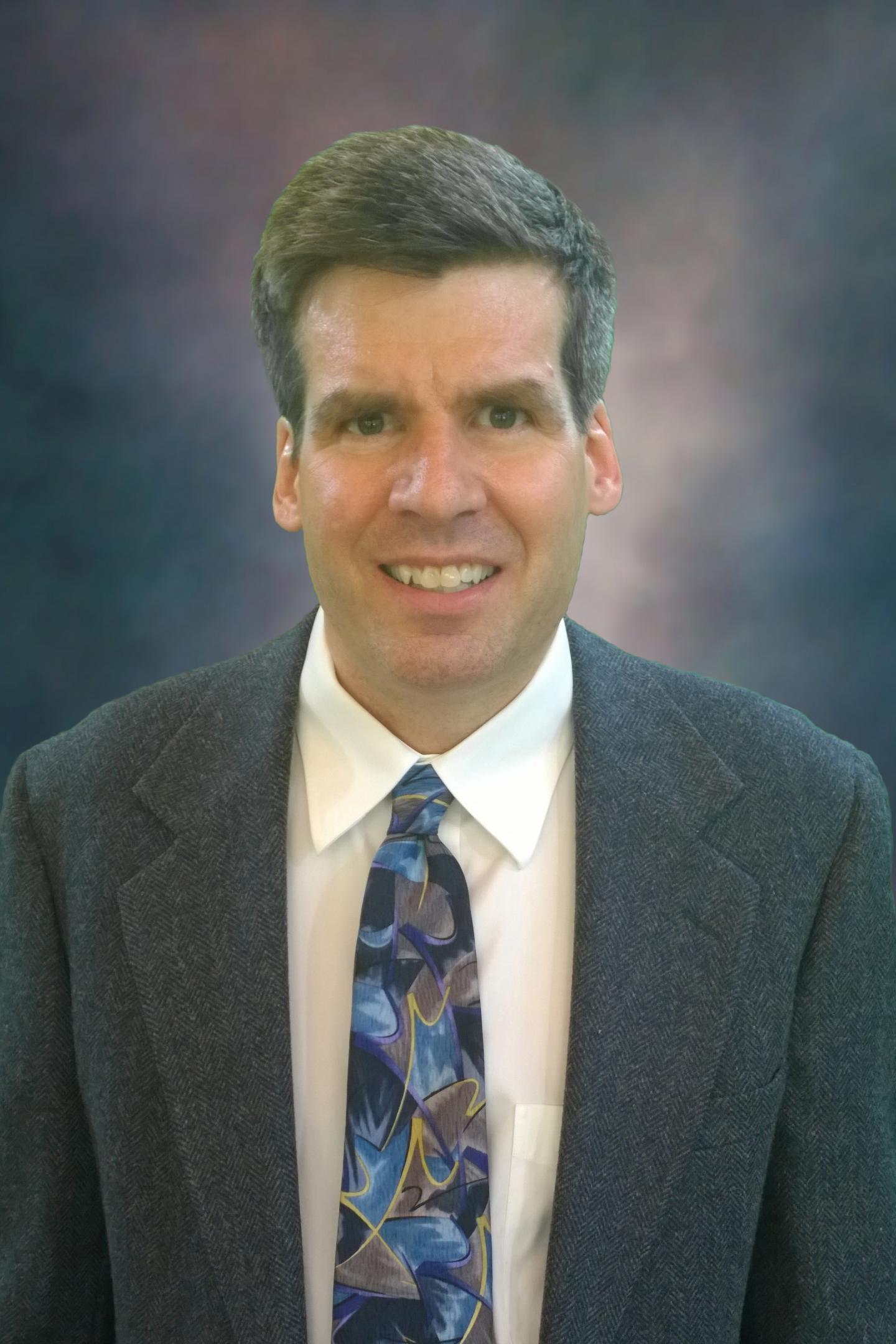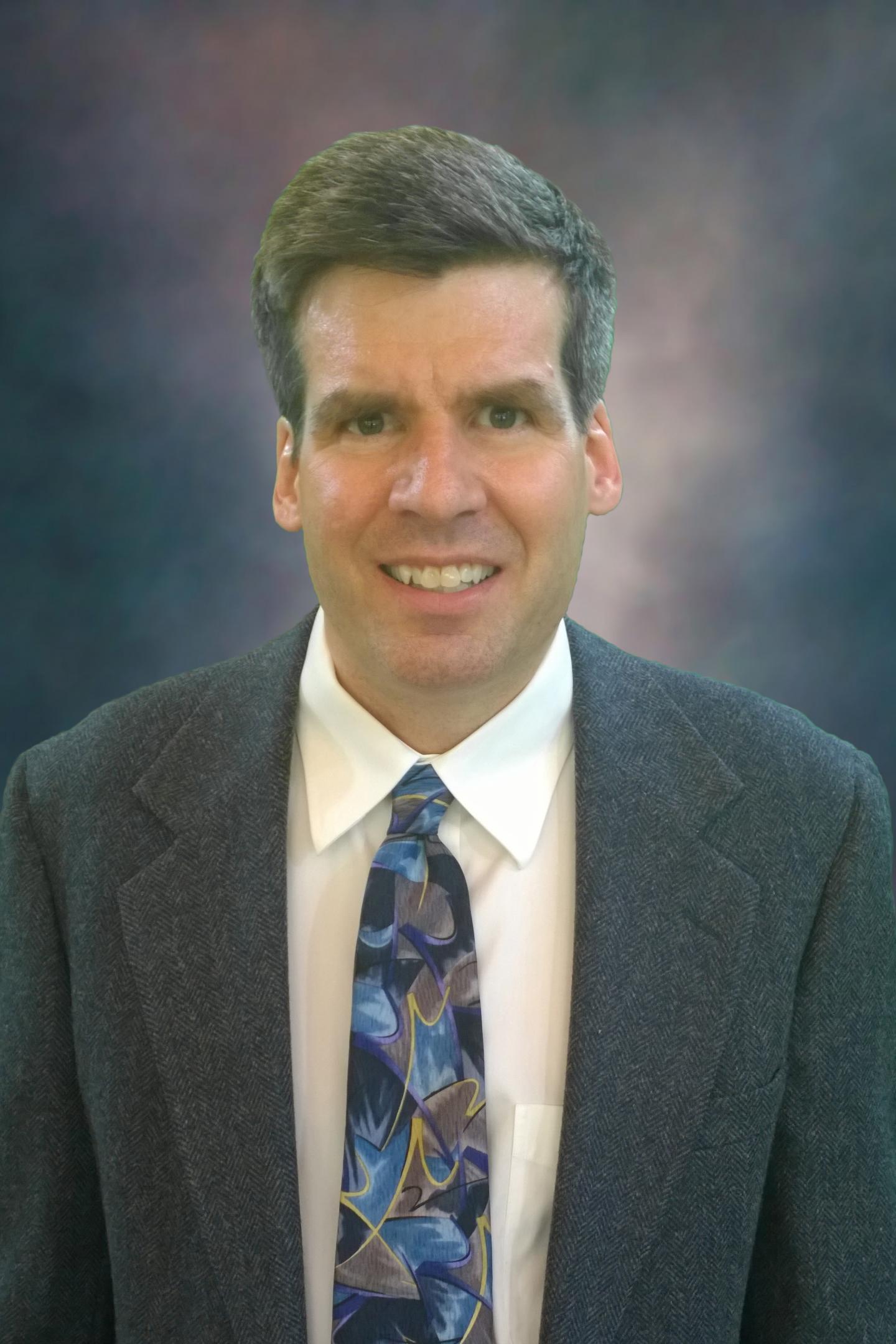
Credit: Baylor University
For anyone who has ever taken a survey after a medical appointment and wondered whether the effort was worthwhile, the answer is probably "No," says a Baylor University psychologist and researcher.
Health care providers are pushing to assess patient satisfaction, and many companies charge millions of dollars to assess patients for the providers. But while the intentions are great, "when I started looking at the instruments currently being used to assess doctor-patient relationships, it became apparent they were highly problematic and not providing useful information," said Keith Sanford, Ph.D., professor of psychology and neuroscience in Baylor's College of Arts & Sciences.
After conducting a series of studies to clarify problems with existing scales, Sanford — a scholar of psychometrics who develops assessment instruments — has created a new tool to measure patient experience during consultations, and research findings suggest it works better than others.
The research — "Medical Consultation Experience Questionnaire: Assessing Perceived Alliance and Experienced Confusion During Medical Consultations" — was published in Psychological Assessment, a journal of the American Psychological Association, and funded in part by a grant from Baylor College of Medicine. Working with Baylor University psychologists were physicians with Texas Children's Hospital and Baylor College of Medicine.
The new instrument — the Medical Consultation Experience Questionnaire (MCEQ) — measures two aspects of patient experience — "alliance" and "confusion." Researchers stressed that it addresses the consultation, not treatment results.
Practitioners strive for a good alliance, in which the patient sees the practitioner as committed, competent and dedicated to understanding patient desires and views. Another goal is good exchange of information to avoid confusion.
But in attempting to measure how well those goals are being met, some questionnaires have limited options that may result in skewed results, Sanford said.
For example, one survey offers respondents a 4-point scale in which the answers range from "always" to "never" to such questions as "How often did doctors listen carefully to you?" Another existing assessment instrument asks respondents to use a 5-point scale — from "poor" to "excellent" — to rate practitioner communication in such areas as whether they were treated with respect.
The problem is that most respondents choose the top response for each item, with fewer than 5 percent choosing the bottom option, previous research has shown. While such a scale can identify "highly disgruntled" patients, "it cannot make reliable distinctions between patients having experiences ranging from marginally acceptable to extremely positive," researchers wrote.
"The key question is whether a 'good doctor' is a single thing or whether there is a range of goodness," Sanford said. "If you ask the right questions, you're able to get results that show that range."
To evaluate the new questionnaire, researchers conducted three studies with a total of 576 participants. They compared responses to the new survey with those participants' responses to other questionnaires.
Respondents ranged from adults with diabetes and/or hypertension to parents of children requiring plastic surgery (for such conditions as a cleft palate or facial injury) to parents of children with medical conditions meeting one or more of such criteria as having to go to an emergency room, spend time in a hospital, cope with a chronic condition or deal with a life-threatening condition.
The study results support the validity of the new questionnaire in several important ways. It allows for measuring a wider range of patient experiences with more extensive and specific responses, making for better assessment of "alliance" and "confusion" — rather than merely identifying only the most dissatisfied or angry patients, Sanford said.
"One of the reasons this is so important is if you don't form an alliance with your practitioner, they may give you all the wonderful advice in the world, but you might not follow it, or you might be skeptical," Sanford said. "And if you don't quite understand what you are supposed to do, that will interfere with your doing the recommended actions."
Sanford noted that because the study relied on self-reported data and sampled only three groups with varying medical conditions, future research on patients with other health issues could be valuable. Tracking such outcomes as physiological measurements or frequency of attending rehabilitation sessions also could be of value, he said.
"My hope is that people who use these surveys might realize that just as there is a science behind medical treatment, there is a science behind getting good survey reports," Sanford said. "We want to make this available freely to anyone who wants to administer it."
###
*The study may be viewed at https://www.ncbi.nlm.nih.gov/pubmed/29878815
Co-researchers were Alannah Shelby Rivers, doctoral candidate in psychology and neuroscience at Baylor University; Dr. Tara L. Braun and Kelly P. Schultz, Division of Plastic Surgery at Baylor College of Medicine; and Dr. Edward P. Buchanan, Division of Plastic Surgery, Department of Surgery, Texas Children's Hospital in Houston and Division of Plastic Surgery at Baylor College of Medicine.
Media Contact
Terry Goodrich
[email protected]
254-710-3321
@baylor
http://www.baylor.edu
Related Journal Article
http://dx.doi.org/10.1037/pas0000594





